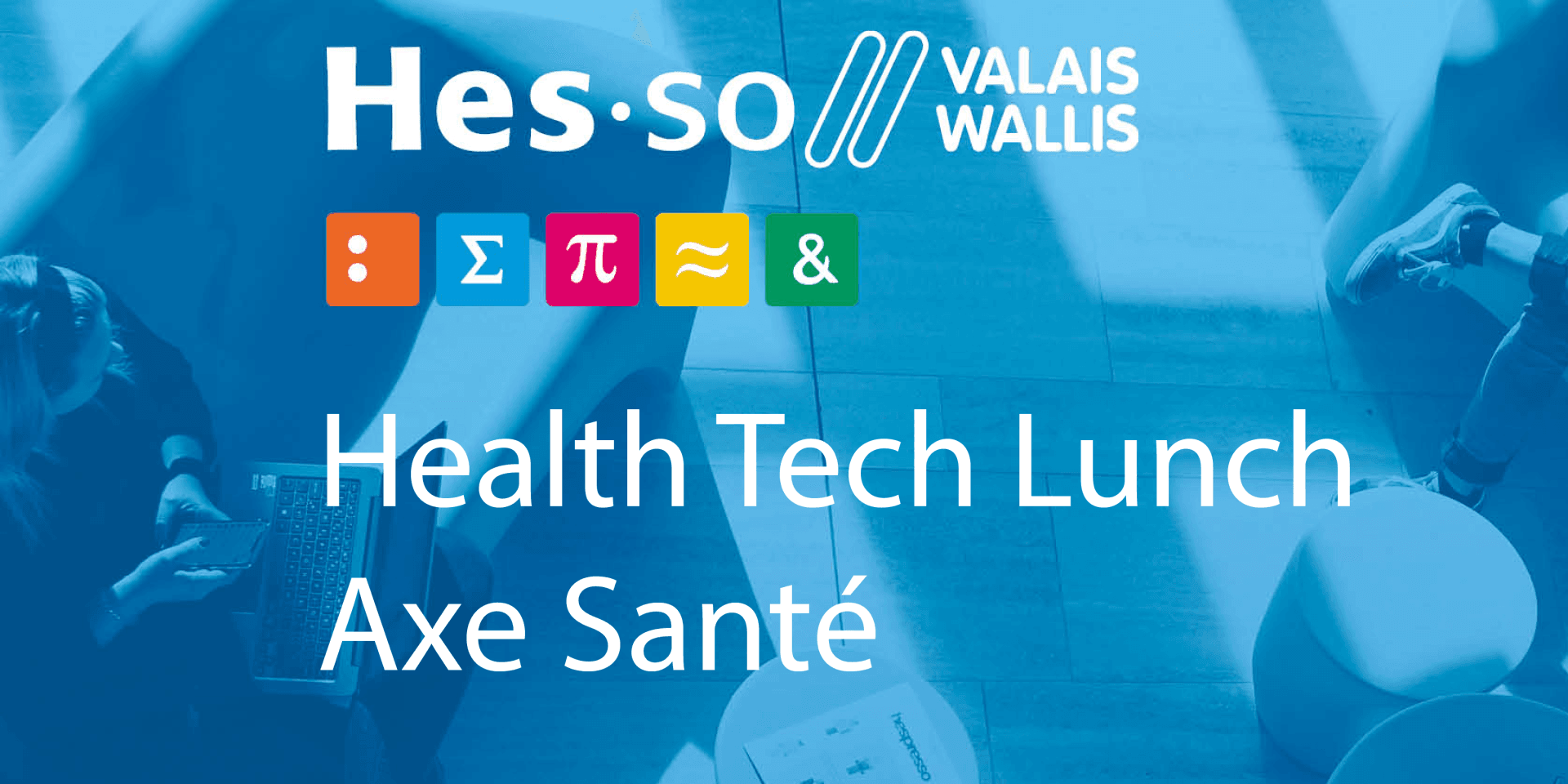Health Tech Lunch - Marc Mahieu, Samuel Rey-Mermet, Bruno Schnyder - “ALPICAT” and Denis Prim, Marc E. Pfeifer - "Mild Traumatic Brain Injury Point-of-Car Testing Platform"


The Axe Santé is organising a Health Tech Lunch on Friday, January 3rd from 12:15 to 13:45 at Loèche-les-Bains (room T1).
PART 1: (20 minutes)
Project ALPICAT
Abstract
Proof-of-concept in conceiving 3D printed connectivity ferrules for medical cathether devices. These were coated with antimicrobial peptides such to be reusable and ensure germ-free materials. The medical ferrules were designed and conceived by the material science laboratory of Energypolis, Sion, as by their micro-3D Printer. The coating mixture of selected synthetic peptides originated from a library owned by the peptide laboratory at Energypolis. All antimicrobial compounds were synthesized and formulated as ingredients for the coating solution in which the metallic ferrules were dipped. All peptides contain selective chemical functionalities in a way that these chemical groups can spontaneously crosslink with the metallic surface in a covalent manner, as to be resistant to all required washing procedures, handling and liquid flowthrough. Our microbiology laboratory made the assays to check germ-growth inhibition.
Biographies
Marc Mathieu: Graduated from UniL with PhD in 1997. >20 years experience in the peptide field from biotech to drug discovery. Activities focused on leading projects on custom manufacturing, investigation of novel synthetic routes and all related analytical/preparative processes.
Samuel Rey-Mermet: Samuel has obtained his Phd Thesis at EPFL in 2008 for his work on Microfabricated Solid Oxide Fuel Cells. He work in the field of materials science since 20 years with special focus on Additive manufacturing, Powder metallurgy and Failure assessment.
Bruno Schnyder: Graduated from ETH Zürich with Ph.D. in 1994. >25 years of experience in the field of clinical and food biology, assessing laboratory culturing of microorganisms and mammalian, human cells. These cell-based models simulate physiological situations and are employed for pre-clinical testings.
PART 2: (20 minutes)
Project Mild Traumatic Brain Injury Point-of-Care Testing Platform (NeuroMDx)
Abstract
About 70 million people worldwide suffer from traumatic brain injury (TBI) each year, with 11’000 cases per year reported in Switzerland. Sports or vehicle accidents, falls (elderly) and violence are among the typical causes. Short- to long-term consequences are known with a strong correlation of TBI with neurodegenerative diseases in later years. Not only diagnosis, but also recovery and rehabilitation, can be particularly challenging due to the absence of sensitive, non-invasive, and cost-effective diagnostics as well as drug therapeutics. The demonstrator conceived and built, during the project supported by the Axe Santé in the ITV and ISI laboratories, was successfully tested for the simultaneous detection, in serum, of three mTBI biomarkers (GFAP, S100b and hFABP). Moreover, these results are paving the road to further system integration and preliminary pre-clinical studies.
Biographies
Mr. Denis Prim is a senior academic associate and the Lab Head of the ‘Diagnostic Systems’ research laboratory at the Institute of Life Technologies of the University of Applied Sciences and Arts Western Switzerland. Mr. Prim received in 2008 an Engineering Diploma with distinction in Life Technologies, specialization Analytical Chemistry, from the University of Applied Sciences and Arts Western Switzerland. His research interests and expertise encompass the interdisciplinary field of biochemistry and bioanalytical instrument prototype development with a focus on POC in vitro diagnostic (IVD) systems. His passion for innovation and entrepreneurship has led him to create a start-up company in order to develop concrete and meaningful solutions for the healthcare field.
Dr. Marc E. Pfeifer is a full professor in bio-analytical sciences and Head of the ‘Diagnostic Systems’ research group at the Institute of Life Technologies of the University of Applied Sciences and Arts Western Switzerland. His research interest and expertise in surface chemistry, biochemistry, molecular and point-of-care (POC) diagnostic sensor and systems development originates from his experience as a research leader and project manager in the global in vitro diagnostic (IVD) industry in Switzerland, Japan, and USA. He received his Ph.D. in Life Sciences (specialization Bioorganic Chemistry) in 1998 from the University of Zurich.
Programme:
Registration : https://doodle.com/meeting/participate/id/eEqZXjNe
